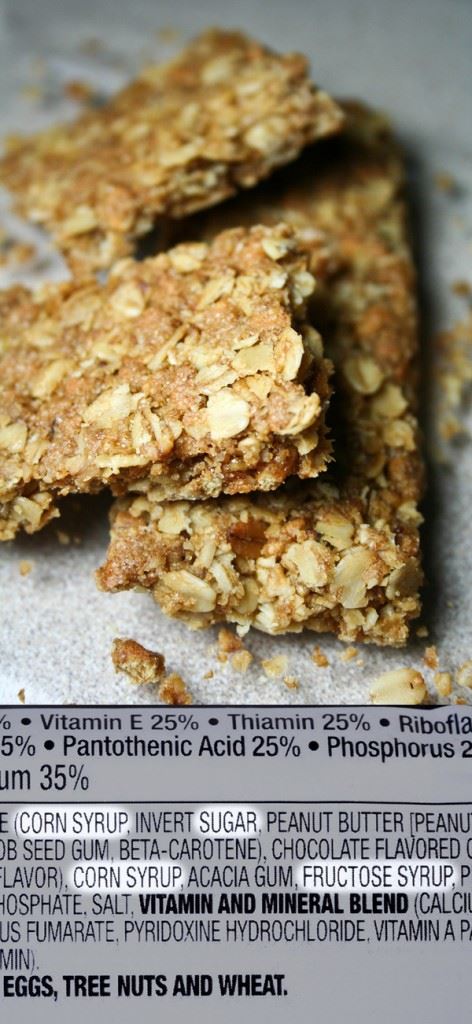 Does your child eat yogurt, cereal, granola bars, fruit snacks, or foods
that say they are gluten-free, organic, or natural? If so, they may be
laden with hidden sugars, according to a
CNN post. The
American Academy of Pediatrics recently recommended that sugar be limited in a child's diet to reduce
the risk for obesity, along with 60 minutes of daily exercise. With the
amount of advertising these days aimed towards parents and making healthy
food choices for their kids, it would seem going to the grocery store
should be easy. Unfortunately, a lot of the food information we are bombarded
with is misleading. "Low-fat" often translates to "high-sugar"
and food labels don’t differentiate between added and natural sugars.
"Healthy" food options marketed towards children often have
much more sugar in them than their standard adult versions. The Environmental
Working Group has a
"Cereal Hall of Shame" for those cereals that contain more than 50% sugar.
Does your child eat yogurt, cereal, granola bars, fruit snacks, or foods
that say they are gluten-free, organic, or natural? If so, they may be
laden with hidden sugars, according to a
CNN post. The
American Academy of Pediatrics recently recommended that sugar be limited in a child's diet to reduce
the risk for obesity, along with 60 minutes of daily exercise. With the
amount of advertising these days aimed towards parents and making healthy
food choices for their kids, it would seem going to the grocery store
should be easy. Unfortunately, a lot of the food information we are bombarded
with is misleading. "Low-fat" often translates to "high-sugar"
and food labels don’t differentiate between added and natural sugars.
"Healthy" food options marketed towards children often have
much more sugar in them than their standard adult versions. The Environmental
Working Group has a
"Cereal Hall of Shame" for those cereals that contain more than 50% sugar.
So, how can you ensure your child's granola bar wasn't dipped in a pile of table sugar? TheAmerican Heart Association recommends becoming a bit of a detective and looking at the ingredient list. Sugar is known by many names. Besides those ending in "ose," such as maltose or sucrose, it can be called high fructose corn syrup, molasses, cane sugar, corn sweetener, raw sugar, syrup, honey or fruit juice concentrates. If you see any of those, it means that the sweet taste comes from added sugar. Focus instead on food sweetened by Mother Nature - berries, cherries, peaches, apricots, apples, oranges, pears, and kiwi.
To schedule a free 15-minute phone consultation with one of our practitioners, to see if we can help your child, call us at 480-240-2600.
